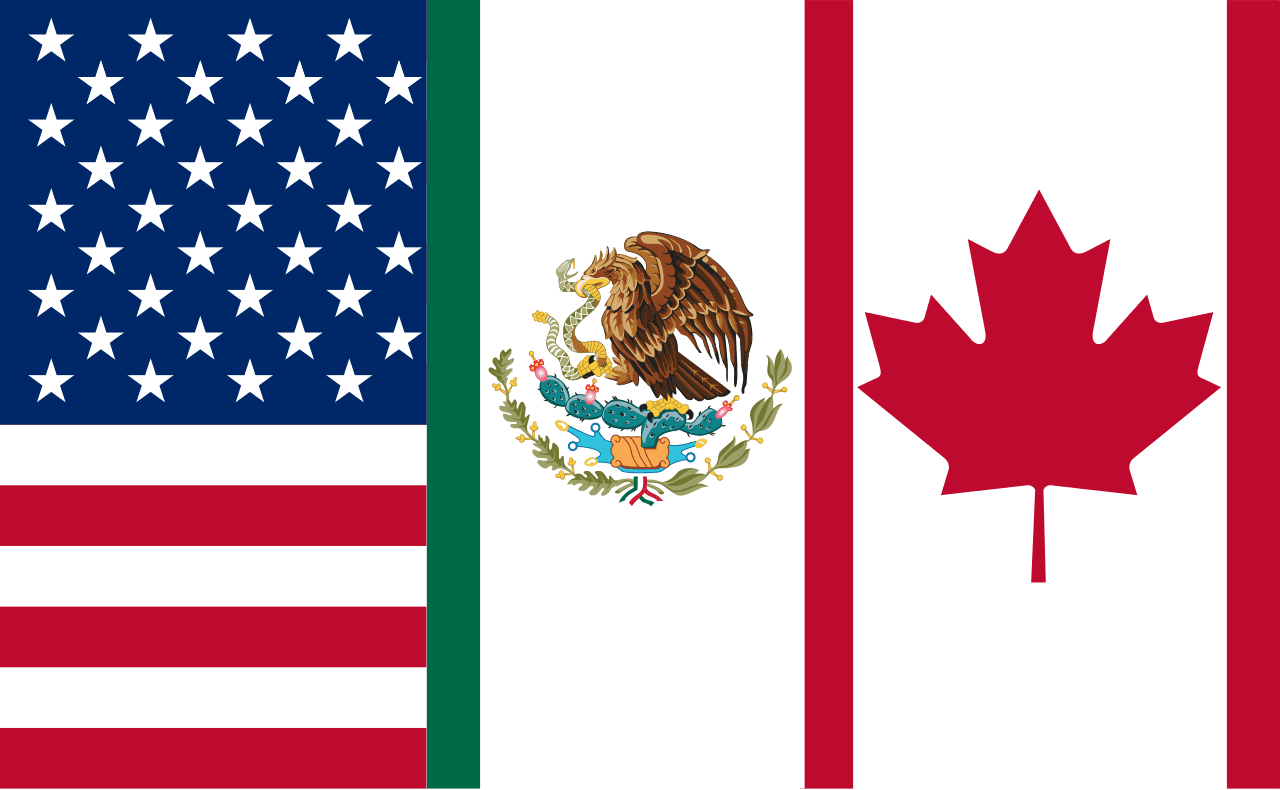
On November 20, 2017, the United States Citizenship and Immigration Services (USCIS) issued a new policy memorandum reclassifying the profession of Economist for TN nonimmigration visas. The new guidelines restrict the classification to those who will primarily engage in activities consistent with a narrower version of the profession of Economist and specifically excludes those who are employed as “Financial Analysts, Market Research Analysts, and Marketing Specialists”.
What is a TN Visa?
The TN nonimmigrant visa was created by the North American Free Trade Agreement (NAFTA), signed between the United States, Canada, and Mexico. Both Canadian and Mexican citizens can be admitted to the United States in TN status in increments of up to three years. The visa is open to foreign nationals of the three countries working in professions listed in the Agreement, including Economist. You can find out more about the TN visa requirements by clicking here.
What is New Related to the TN Visa Category of Economist?
In short, the new guidelines restrict the Economist TN classification to those who will primarily engage in activities consistent with a narrower version of what an Economist does and specifically excludes those who are employed as “Financial Analysts, Market Research Analysts, and Marketing Specialists”.
The updated guidance indicates that this policy update “clarifies” that professional Economists requesting TN status must engage primarily in activities consistent with the profession of an economist. (This of course is obvious). The memo goes on to state:
Economists generally specialize in either microeconomics (analyzing the behavior of individuals and firms with the aim of understanding the relationships between supply and demand) or macroeconomics (analyzing aggregated indicators to determine how different sectors of the economy relate to each other). In addition to these two broad focus areas, economists may apply economic analysis to issues in a variety of fields, such as labor, international trade, development, econometrics, education, health, and industrial organization, among other fields.
According to the U.S. Department of Labor’s Standard Occupational Classification, the profession of economists is defined as those who conduct research, prepare reports, or formulate plans to address economics problems related to the production and distribution of goods and services or monetary and fiscal policy. With this definition in the past, applicants that had very finance or numbers driven jobs, job descriptions that aligned with the Economist classification, and a business/finance or economist degree could be eligible for a TN visa under the Economist category. The new rules limit related fields that normally would have qualified in the past and do not do a great job at explaining why those jobs are categorically excluded. Specifically, the Department of Labor lists Market Research Analysts and Marketing Specialists as separate occupations, leading USCIS to conclude that neither position is encompassed under the profession of Economist. This is the case even though some of the functions could have an overlap with work that an Economist does. The position of Financial Analyst is also now distinguished from Economist, although the memorandum acknowledges that they are related occupations and that job duties of the two professions may sometimes overlap. This suggests that some financial analyst positions may still qualify for the TN Economist category under the new guidelines, as long as their job duties are consistent with the description of the Economist profession as described in the USCIS memorandum and the U.S. Department of Labor’s Standard Occupational Classification definition.
How Will the New Rules Impact Current and Future TN Holders?
The impact of this policy will likely be immediate. New economist applications for TN status must meet the new guidelines, whether the foreign national will apply at a port of entry, through USCIS, or at a U.S. consulate. As such, people who currently have TN visas may have their petitions adjudicated again at the border even though they have time left on the visa. New applicants can expect tougher adjudication.
What Can you Do If You Have a TN Visa in the Economist Category?
You should speak to a lawyer to have them assess whether your TN visa will be impacted by the change in the law. The change is immediate and just because your visa was previously approved, does not mean that you will be admitted if you leave the country. All TN economists should expect increased scrutiny by Customs and Border Protection when entering the U.S., regardless of their specific role and regardless of whether or not you have an approved visa. New applications will likely be particularly impacted given the memo is not that clear on what is being sought and this could lead to confusion and inconsistent adjudication.
Travelers should also be prepared to answer detailed questions about job duties and qualifications, and should travel with documentation of eligibility. Those who do not meet the new guidelines should carefully consider the risks of international travel, as border officers could use the guidelines to refuse entry to the U.S., even to those with a valid TN visa or USCIS Approval Notice.
Employers should consider alternative visa applications for those working as market research analysts, marketing specialists, and other roles that do not meet the guidelines. Options to consider include the H-1B, L-1, and O-1 classifications.